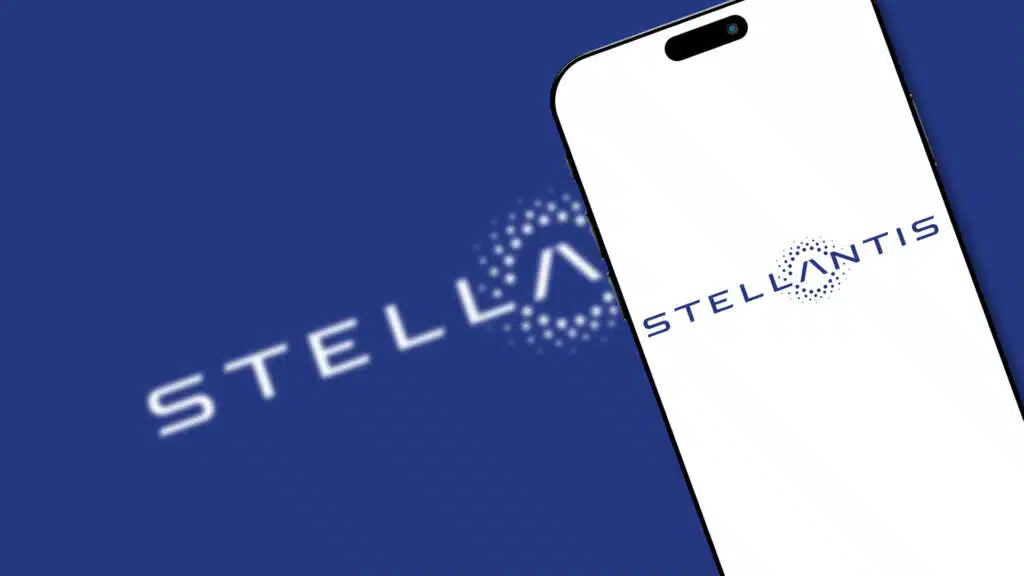Not only are telecom operators turning to artificial intelligence (AI) and machine learning (ML) tools to streamline their own customer care, but they are also offering AI-based tools to their business customers to help them enhance customer engagement.
Verizon, for example, offers a managed service that its business customers can use to automate their CX tools. Called Digital CX, the platform provides customer service representatives (CSRs) with access to customer information and delivers it through a mobile-first interface. No matter whether customers contact the business through social media, chat, text, email, or phone, the CSR has access to the same information.
According to Chris Armstrong, product manager at Verizon, the pandemic has definitely changed the market for these types of AI-based tools. “Our first successes were with state employment agencies facing that unprecedented surge in unemployment that followed the early lockdowns,” Armstrong said.
One surprise from that deployment, Armstrong said, was that Verizon found that when users were having difficultly navigating the state’s unemployment claims process, they would often turn to social media to seek advice from others also trying to understand the unemployment process. Armstrong said that the state employment agencies found that Verizon’s AI-based social media tools were helpful because they allowed them to monitor and analyze what was happening across the various social media platforms. For example, the CX tool tells businesses what topics are trending on social media and helps them mitigate crises, as well as engage with different influencers.
“This allowed us to work with the unemployment agency to rectify some of the issues people were facing and help guide them through the process,” Armstrong said. He also noted that enterprise customers, not just state agencies, were accelerating their efforts to use AI in their CX tools due to the COVID-19 pandemic. Armstrong added that the most important thing for enterprises is to figure out what types of interactions should be automated and what interactions should not be automated. Those decisions can change quickly depending on the circumstances.
That is why it is important that CX tools can be upgraded at any time. “It is also critical to continuously optimize the solution so that as you see people asking new types of questions or questions about new topics, you can quickly identify those opportunities and expand the system,” he said.
Although Verizon promotes the use of AI tools in its CX platform, these types of tools, such as using virtual agents to answer questions and escalate issues to live agents, are not part of most telecom companies’ CX toolboxes—at least not yet. Many telecom companies understand that AI-based CX tools should be a priority, but they are still experimenting with them.
Author Information
Sue is a Denver-based freelance technology journalist, editor and analyst with expertise writing about topics like 5G communications, cloud-native networking, edge computing, and more. She can cut through industry jargon and explain complex technology concepts to both non-engineers and business decision makers.
Previously she had served as the editor-in-chief at SDxCentral, covering news and information related to the software defined networking market. Before that, she served as the editor-in-chief of FierceWireless, which covers cellular, satellite and other telecommunications technologies and markets.
As an expert in her covered areas, Sue is a frequent speaker at technology industry events and has moderated panels for the Consumer Electronics Show, the Competitive Carriers’ Show, The Wireless Infrastructure Show, 5G North America, DC 5G, Interop, and more.
Sue Holds a Bachelor of Science in Journalism from University of Colorado, Boulder.






